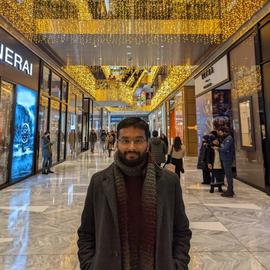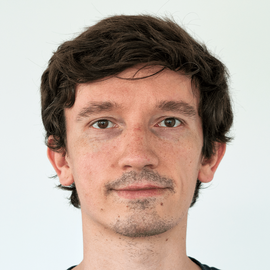Abstract
Leveraging the compositional nature of our world to expedite learning and facilitate generalization is a hallmark of human perception. In machine learning, on the other hand, achieving compositional generalization has proven to be an elusive goal, even for models with explicit compositional priors. To get a better handle on compositional generalization, we here approach it from the bottom up: Inspired by identifiable representation learning, we investigate compositionality as a property of the data-generating process rather than the data itself. This reformulation enables us to derive mild conditions on only the support of the training distribution and the model architecture, which are sufficient for compositional generalization. We further demonstrate how our theoretical framework applies to real-world scenarios and validate our findings empirically. Our results set the stage for a principled theoretical study of compositional generalization.

PhD candidate
My research investigates how pre-training data shapes generalization in foundation models. I’m currently studying characteristics of pre-training data that enhance reasoning abilities post-training. Additionally, I’m exploring efficient exploration strategies to improve reasoning in LLMs.

Principal Investigator (PI)
Wieland Brendel received his Diploma in physics from the University of Regensburg (2010) and his Ph.D. in computational neuroscience from the École normale supérieure in Paris (2014). He joined the University of Tübingen as a postdoctoral researcher in the group of Matthias Bethge, became a Principal Investigator and Team Lead in the Tübingen AI Center (2018) and an Emmy Noether Group Leader for Robust Machine Learning (2020). In May 2022, Wieland joined the Max-Planck Institute for Intelligent Systems as an independent Group Leader and is now a Hector-endowed Fellow at the ELLIS Institute Tübingen (since September 2023). He received the 2023 German Pattern Recognition Award for his substantial contributions on robust, generalisable and interpretable machine vision. Aside of his research, Wieland co-founded a nationwide school competition (bw-ki.de) and a machine learning startup focused on visual quality control.